When experience quietly walks out the door: The hidden cost of the menopause taboo

Menopause is costing organisations more than turnover, says Menopause Asia’s Joanne Ho, as experienced women quietly scale back at midlife.
The rise of the ‘wellness-first’ corporate strategy in a multigenerational world
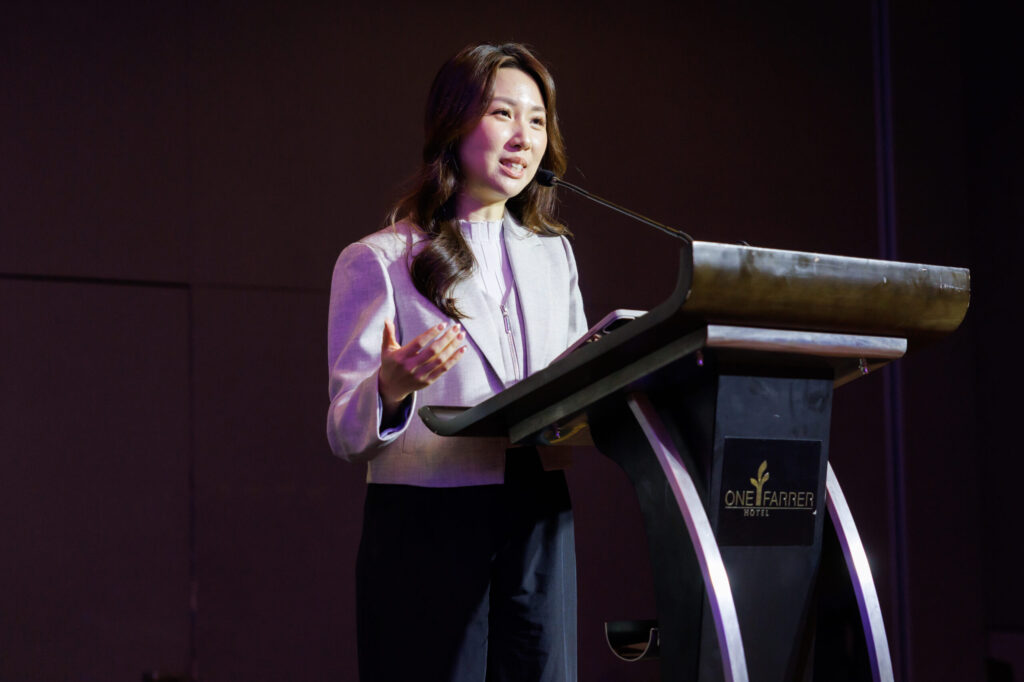
At the Readers’ Choice Awards 2025, corporate wellness emerged as a strategic differentiator for employers embedding wellbeing into business and leadership.
Paradox Singapore: Redefining long-stay hospitality for the modern professional

Blending home-like comfort, wellness and convenience, Paradox Singapore transforms long-stay hospitality into a supportive environment for productivity and employee wellbeing.
StarHub at 25: Redefining wellbeing from a programme to a way of working

Tan Toi Chia shows how StarHub turns wellbeing into everyday work, embedding clarity, care, and connection into its culture.
The multi-stage career: Redefining longevity, purpose, and flexibility in the modern workforce
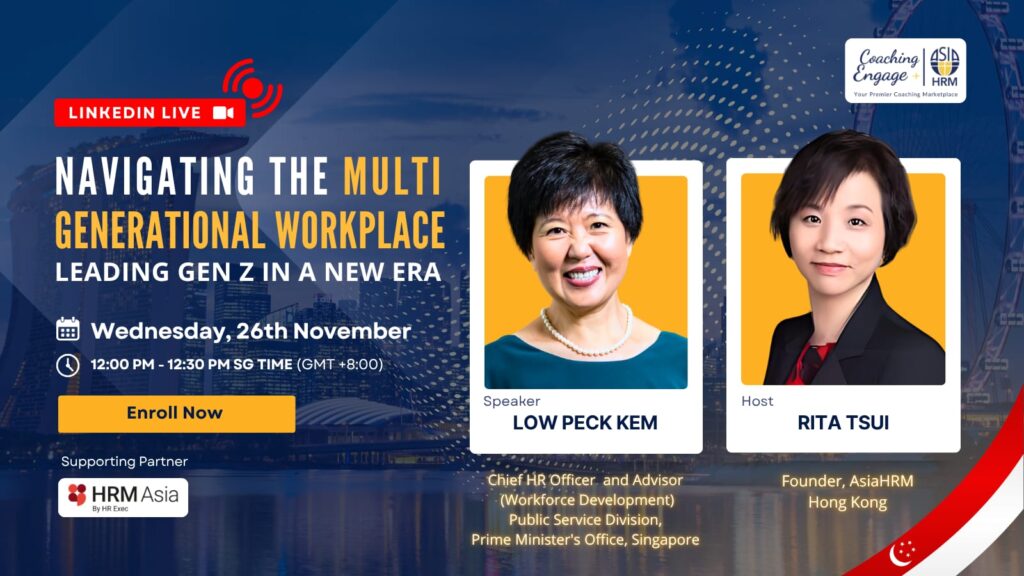
Low Peck Kem examines how organisations must rethink careers, flexibility, and leadership to engage Gen Z and thrive in a multigenerational workforce.
Workplace conflicts drive Japan’s surge in mental health compensation claims

Japan’s mental health crisis deepens as record-high employee compensation claims reveal persistent stress and harassment despite progress on curbing overwork.
Why time off may be the ultimate bonus for employee engagement

New research shows that rewarding employees with time off, rather than cash, makes them feel more valued, appreciated, and genuinely human.
Reskilling vs. replacement: Making the case for investing in people
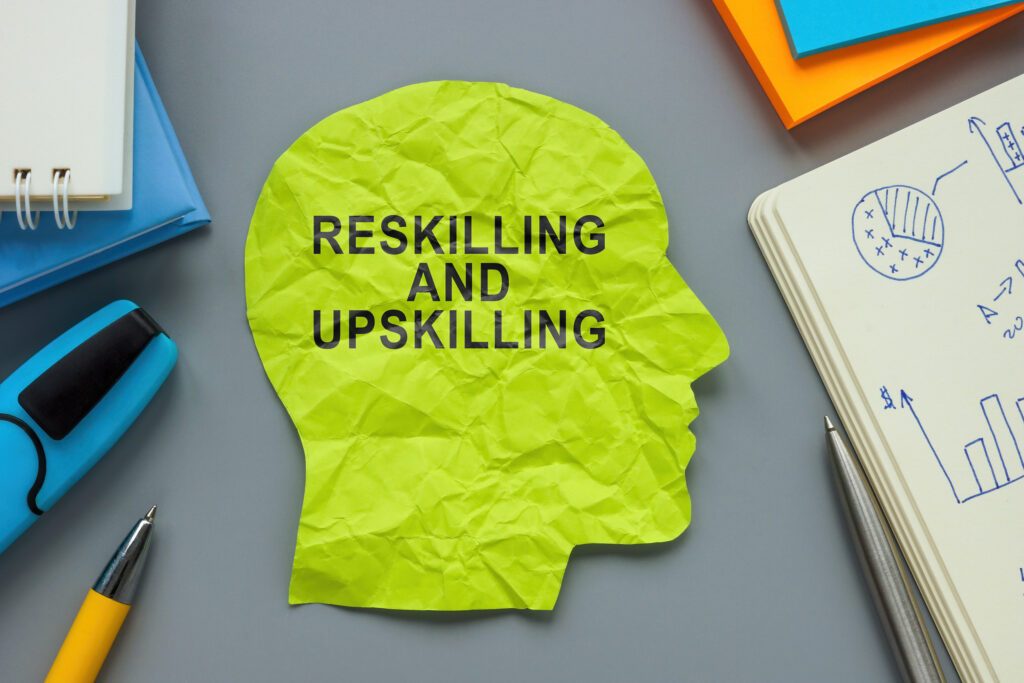
Leaders stand on stages proclaiming that employees are their greatest asset in the AI era. Yet a lack of investment in reskilling often tells another story.
Singapore’s workforce battles burnout, highlighting need for stronger mental health support

Work-related stress affects roughly a third of Singapore’s workforce as the Ministry of Manpower pushes wider adoption of tools supporting mental wellbeing.
The soul of the machine: Why human-led AI is the future of work

HR can unlock AI’s potential without losing humanity, says Milieu Insight’s Juda Kanaprach, by balancing technology with empathy and insight.
When wellbeing moves to the boardroom: Rethinking leadership for sustainable performance

WorkWell Leaders’ Anthea Ong urges CEOs and boards to prioritise organisational wellbeing as new research confirms it is the strongest driver of performance.
Beyond disruption: How top CHROs are shaping the workforce of tomorrow
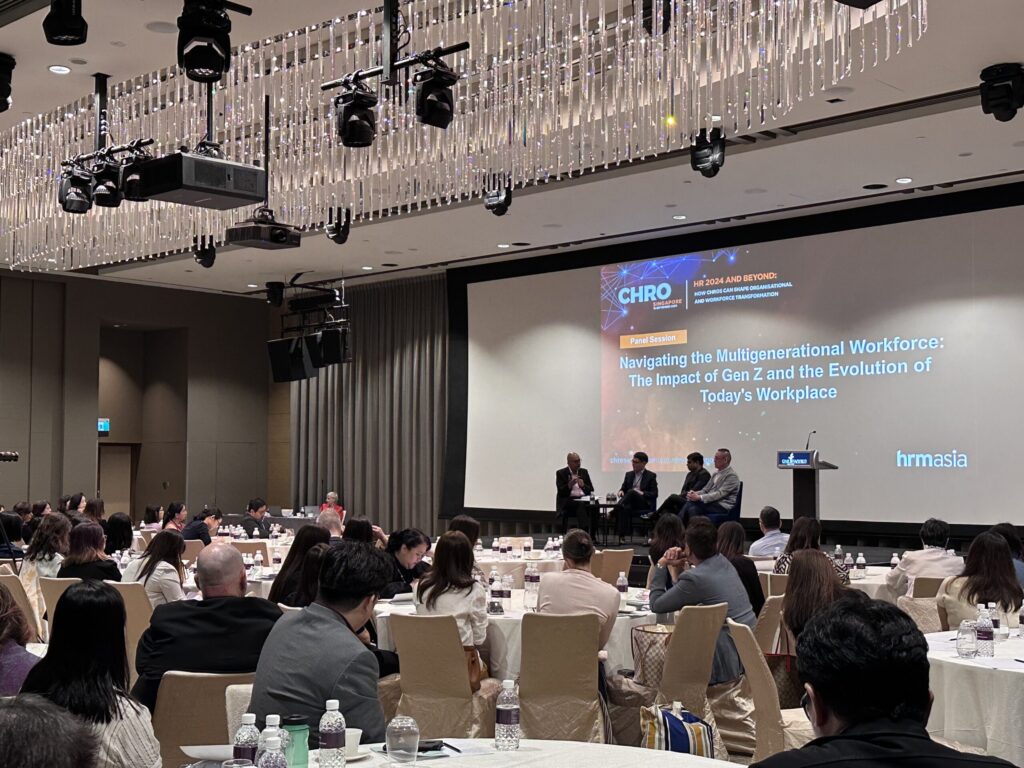
CHRO Series Singapore with Indeed unites HR leaders to tackle disruption, GenAI adoption, and strategies for building future-ready, resilient workforces.
Humanistic high performance: Connecting for excellence

Burnout and disengagement are rising. Without a humanistic shift in leadership, workplaces risk eroding wellbeing, innovation, and long-term growth.
CHRO Thailand: Driving innovation, growth, and human-centric leadership
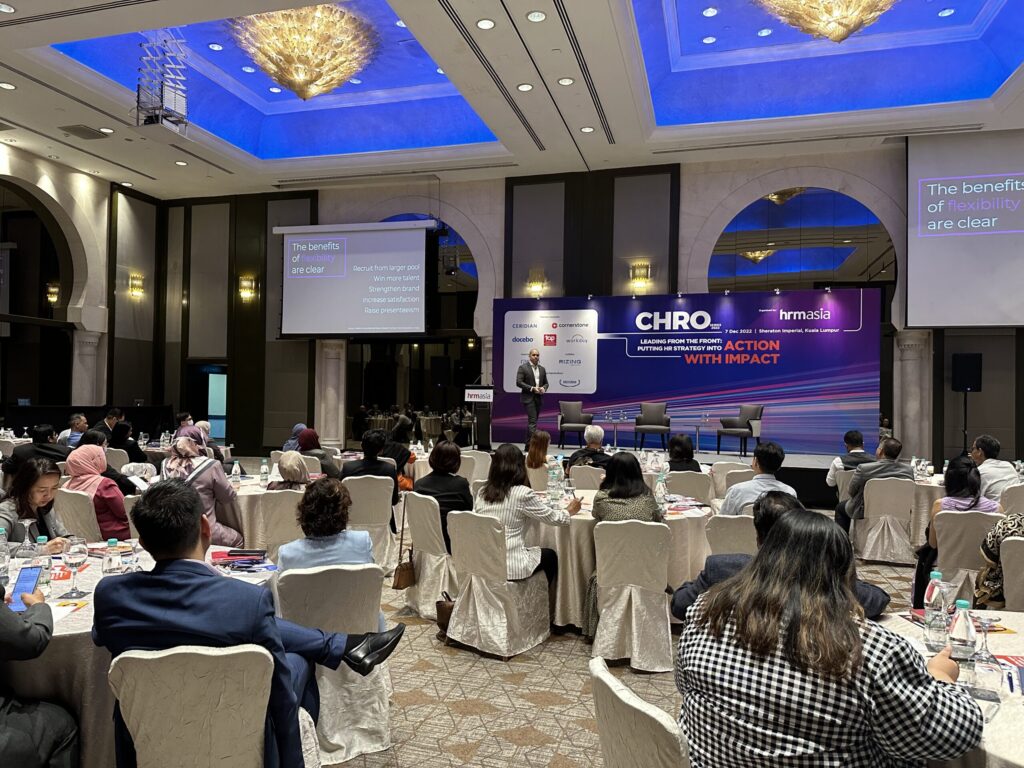
CHRO Thailand 2025 will unite top HR leaders to explore AI, digitalisation, wellbeing, and workforce agility shaping the future.
Hasty AI adoption threatens employee wellbeing and trust

Rapid AI integration may harm employee morale, mental health, and safety unless organisations prioritise human-centred strategies, warns the Australian Psychological Society.
From perks to performance with new wellness standard

As wellness becomes a pillar of business resilience and employer branding, a new certification is helping organisations turn intention into measurable impact.
Rethinking resilience: Hybrid work becomes a cornerstone for organisations globally
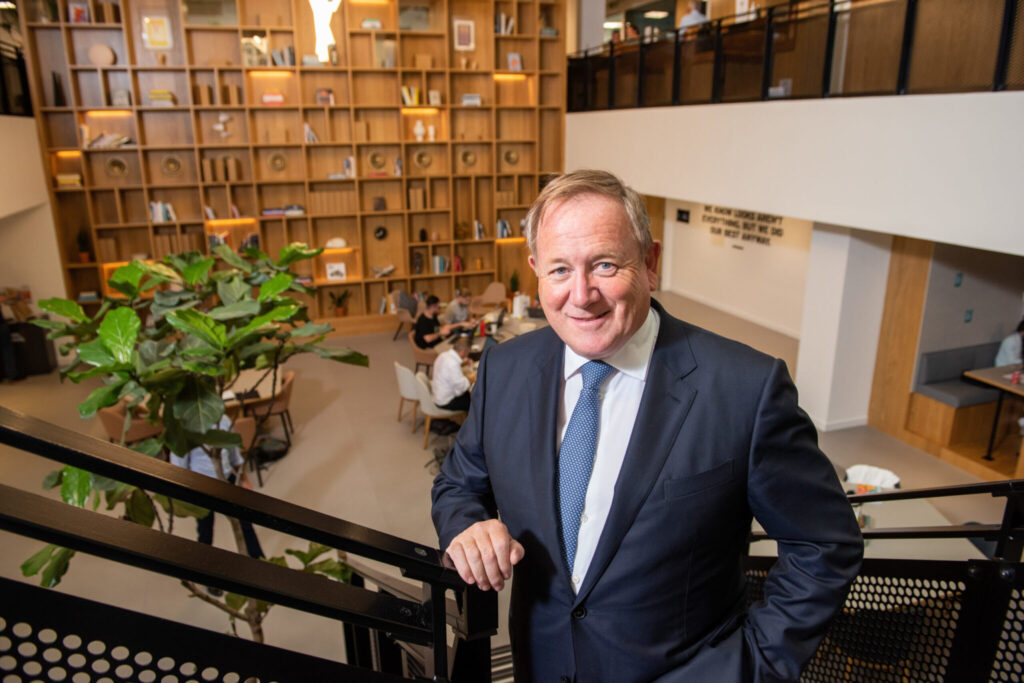
Mark Dixon of IWG says CEOs are embracing hybrid work to drive growth, cut costs, and build resilience amid ongoing economic volatility.
Reimagining ageing: How HR leaders can foster intergenerational connection at work

For Little Changemakers’ Cherry Thian, creating age-inclusive workplaces starts with HR leaders embracing intergenerational connection as a strategic imperative.
Is Asia ready for a workplace revolution in reproductive health?

Cigna Healthcare’s Dr Dawn Soo urges organisations in Asia to recognise reproductive health, like endometriosis, as a legitimate workplace issue instead of a personal burden.
Doing more with less: Employers in Hong Kong rethink benefits as costs soar
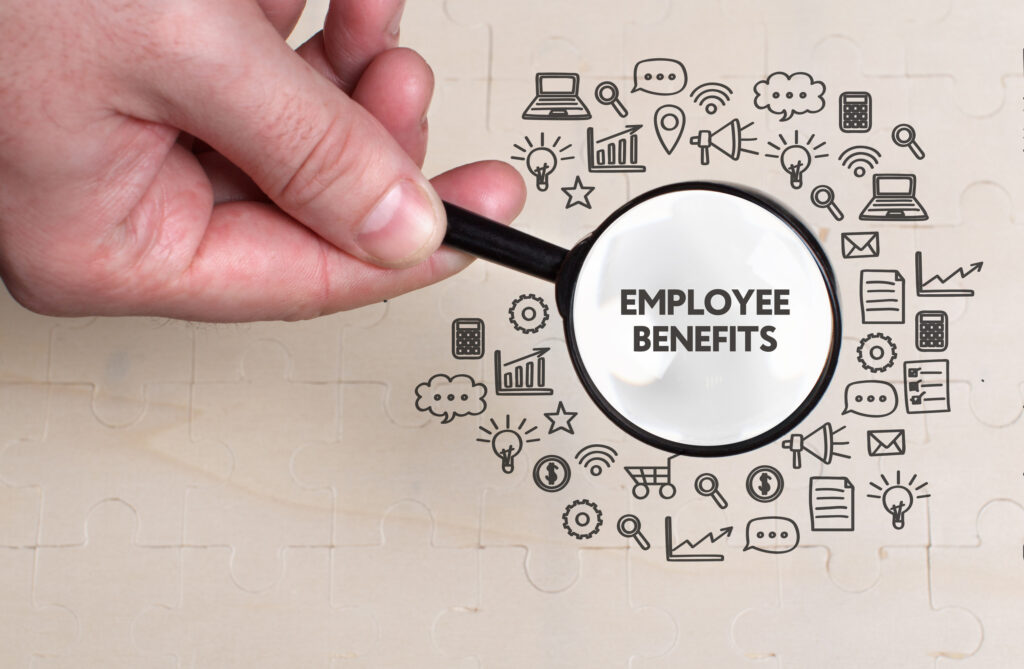
Rising costs and talent pressures are driving employers in Hong Kong to rethink benefits, says WTW’s Eric Lam, with smarter spending now essential.
Feeling is performing: How authentic emotional expression unlocks team success

Longchamp’s Mollie Rogers Jean De Dieu believes emotional awareness is essential to modern leadership, transforming workplace culture through empathy, vulnerability, and inclusive communication.
Singapore workforce more confident, but rising stress and falling job satisfaction create a widening rift

Singapore’s workforce feels more aligned and confident, yet surging stress and declining satisfaction point to mounting pressures on employee wellbeing.
Silence over harassment persists in South Korean workplaces despite stronger prevention policies

A government survey finds 75.2% of employees in South Korea who experienced sexual harassment did not report, highlighting persistent workplace gaps.
From crisis to catalyst: How HR leaders can reinvent culture and continuity

Today’s ongoing disruption is a call for HR leaders to reimagine how work, culture and business continuity intersect, Ayme Zemke writes.
Beyond automation: Thailand HR Tech explores the human side of HR transformation

As technology reshapes the world of work, Thailand HR Tech 2025 invites leaders to co-create a future built on trust and purpose.
The silent exodus? Is menopause costing APAC firms top female talent?

A silent challenge is driving top talent away—menopause. HeyVenus’ Christina Ang says it’s time organisations lead with empathy and strategy.
Day 2 of HR Tech Asia 2025: Rethinking talent, work, and the human element
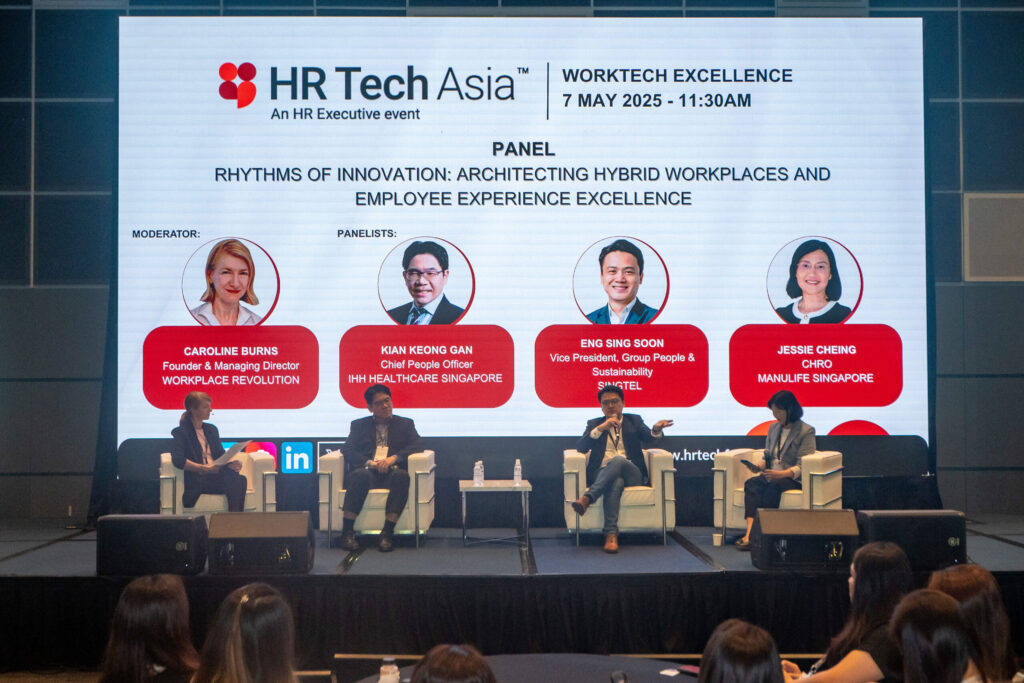
HR Tech Asia 2025 spotlighted empathy, agility, and purpose as key drivers of transformative talent strategies and future-ready workplaces.
Workplace loneliness: New study calls for business intervention

Younger employees feel lonelier than older adults, highlighting a need for employers to rethink how they foster belonging and connection.
Why corporate mental health fails: AI for personalised care

Despite growing investments in mental health, burnout persists—highlighting the need for more proactive, personalised workplace strategies.
The wellbeing virtuous cycle

The business case for supporting employees’ wellbeing beyond the workplace.
